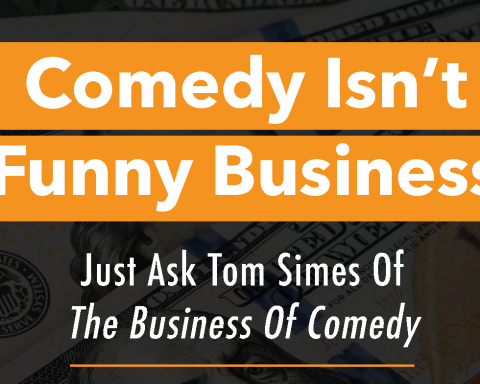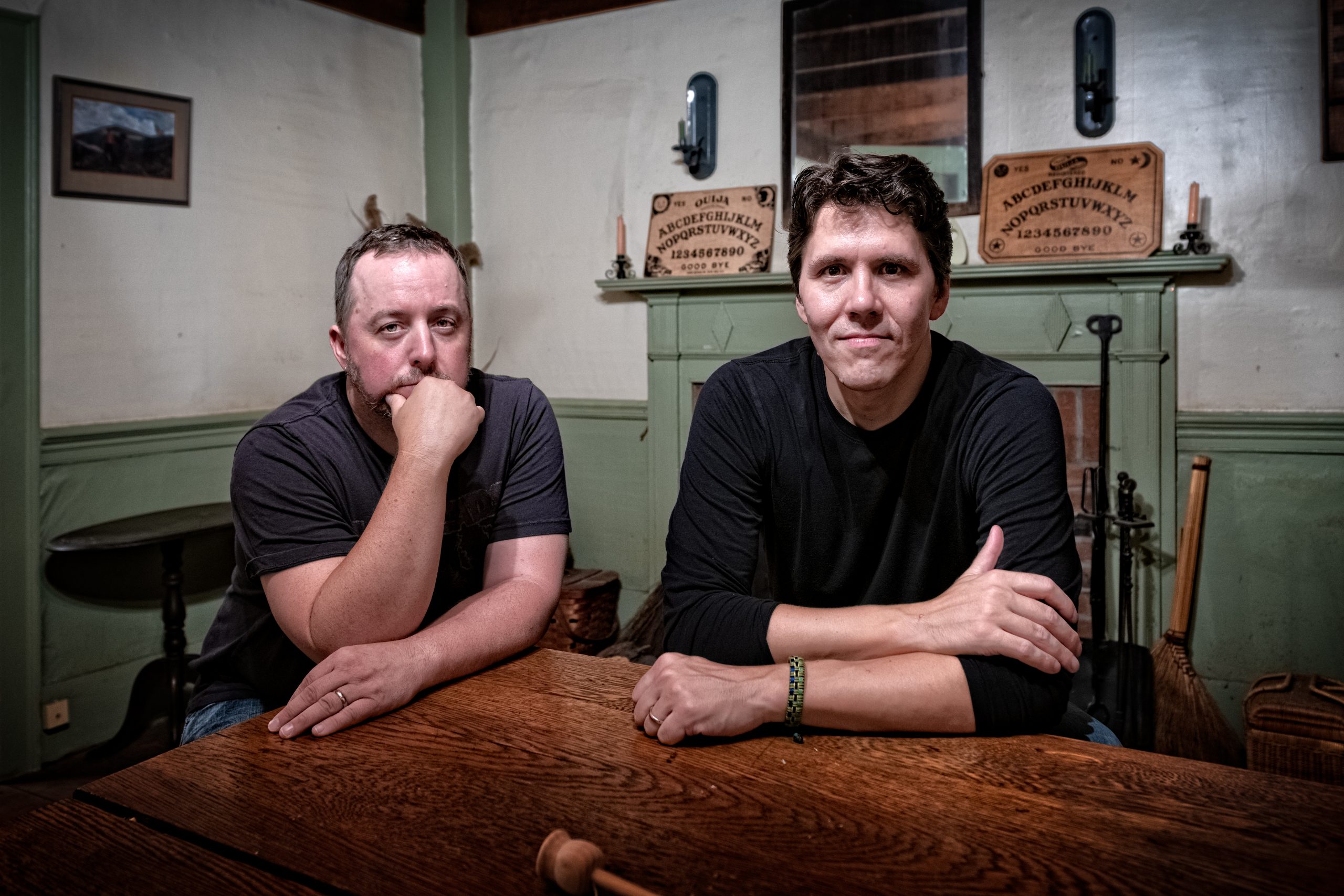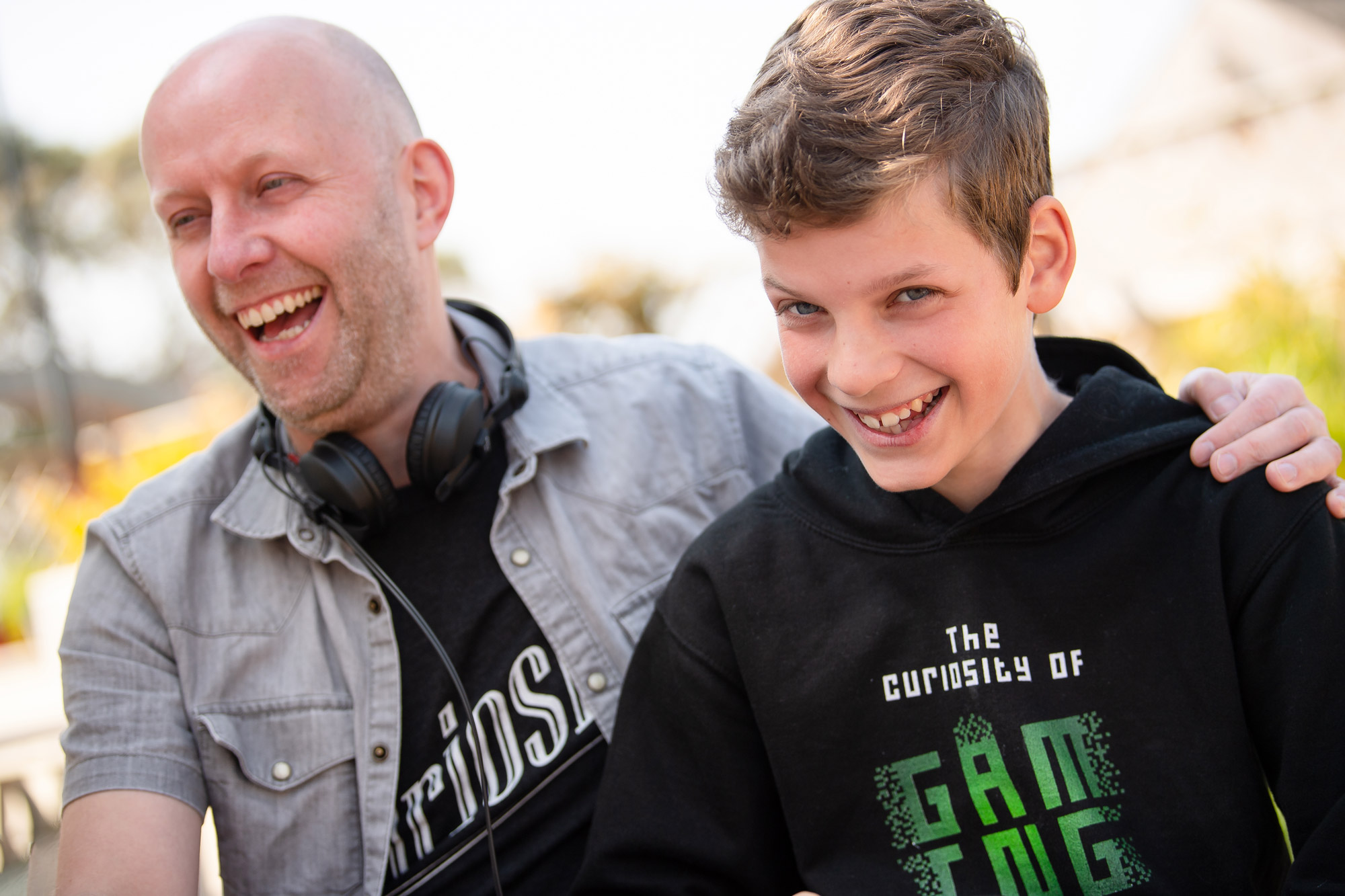For those of you who happened to enjoy our recent four-part series on the True Crime Category, you will love this bonus article on Comedy and True Crime. Call it the unofficial “Part Five” of the series.
No, this didn’t motivate me to hold another panel… although I might like to at some point. However, the discussion on laughter during the true-crime panel discussion, which was featured in last month’s issue, really intrigued me.
More specifically, it was a comment made by one of our panelists—Anna-Sigga Nicolazzi, co-host of Anatomy of Murder: “I truly think that comedy and laughter are necessary.”
The context of the conversation was the need to sometimes walk away from the harsh reality of true crime. As I mentioned during the discussion, that was one of the reasons, possibly the primary reason, why I took on the Comedy Category for Podcast Magazine®, as well. Listening to nothing other than true crime can have an adverse effect on the psyche.
Comedy to the rescue! The healing power of laughter is real. As many first responders will tell you, their gallows humor is a defense mechanism that gets them through the job.
It seems the Comedy/True Crime combination is one of the more popular podcast categories. While I don’t have any statistics, it also seems to be one of the most common alignments of genres. In fact, nearly half of the podcasts featured in our Beyond the Microphone articles in 2020 were also listed under Comedy on Spotify.
So, why do comedy and true crime go so well together, like peanut butter and jelly? Steak and potatoes? Pickles and ice cream? (Perhaps the last one is an acquired taste… just like comedy and true crime.)
Maybe it’s simply about finding a shred of humor in a terrible situation, as Patrick Hinds, co-host of True Crime Obsessed alluded to in an interview in March of 2020.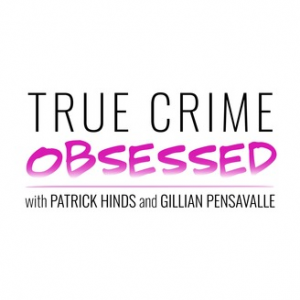
“We never victim shame. But there is still some humor to be found. Like in the Jeffery Dahmer episode, when we talked about his dad wearing those ridiculous sunglasses. You can wear all the sunglasses you want. Your last name is still ‘Dahmer’!”
That’s true. I have yet to hear a comedy podcast shame any victims.
But making fun of criminals may be another story. For instance, take two very funny comedians, James Pietragallo and Jimmie Whisman. They host not one, but two comedy/true-crime podcasts: Crime in Sports and Small Town Murder. 
In an interview back in June 2020, James talked about the need for a vehicle for comedy. “We can have a subject that’s interesting, and we can be funny about it. We can use the subject as the Trojan horse and have comedy inside of it. There wasn’t a lot of true crime/comedy when we started. We thought, ‘Hey, this could be funny. It doesn’t have to be so godd*mn serious.’ That’s just the way we looked at it.”
That may be the most welcome Trojan horse that comes our way today. In a time when it seems so easy to find negativity, maybe enjoying a few honest laughs within a heavy subject is exactly what we need. Sometimes, listening to two guys making fun of an athlete chasing someone down the street with a stick (Episode #211 of Crime in Sports—”A Prodigy of Criminal Behavior— The Unswervingness of Corey Dillon”) is exactly the comic relief we crave. It isn’t much different than sitting in a bar with your closest friends laughing at a news story on TV.
A key point to remember with comedy/true-crime podcasts is that it doesn’t necessarily mean you’re taking a heavy situation lightly by enjoying a joke. Maybe you just need to make light of a heavy situation in order to deal with it. After all, the goal of a comedy podcast is to make your day just a little better with a few laughs. “We talk about something you’re interested in, and maybe we’ll hook you with the comedy. That’s the goal,” continued James about his Trojan-horse approach.
Finding comedy and creating laughter out of what can be some heavy subjects is clearly an art. As with almost all quality podcasts, some of that comes from the authenticity of the host. Jimmie spoke to that: “I think that honesty builds trust. It builds friendship and kinship, and forges a bond that really can’t be broken. I want our audience to know as much about me as possible, because when they understand where I come from and where my jokes come from, nothing is misconstrued. If you say something that is a bit radical or boundary-pushing, but are honest with them about who you are, I think the jokes are received a lot better.”
That authenticity also comes with knowing that your podcast is clearly in the Comedy Category, and you’re intentionally keeping things light for that specific audience, versus simply registering the show in a secondary category to widen your audience. Listeners looking for hardcore true crime will probably steer away from a podcast that is a hybrid of sorts, anyway. 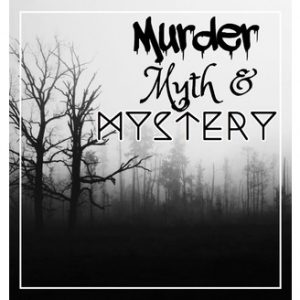
People expect these shows to not be too heavy or dark. Erik Pellom, one of the three hosts of Murder, Myth, and Mystery, spoke to that point in a July 2020 interview:
“I think levity is important. That’s why I classified our podcast as True Crime/Comedy, because we do have that element.”
Yet the hosts of Murder, Myth, and Mystery admit that most of the comedy comes in the “myth” portion, as opposed to during their discussions of murder cases. “I mean, yeah, there are some dark myths out there, but at the end of the day, you know that they are myths, so they’re not going to hurt anyone’s feelings.”
In a short time, I have come to know that the best comedians take their craft seriously. That is certainly the case of podcasters who produce a comedy/true-crime show. They know what’s funny and where to tread lightly. Bottom line: It’s okay to laugh, and comedy/true crime has its own special niche.
In our four-part series, we established that true-crime podcasts provide an important service to society. So, where do comedy/true-crime podcasts fit in?
They remind us of one of our basic human needs—to laugh. To look at that one piece of humor even in the darkest of worlds. They remind us that laughter is absolutely necessary, sometimes even in our darkest hour.
Which explains Anna-Sigga’s request of her colleagues on some of her toughest days: “Tell me a joke.”
June 2022 Issue




